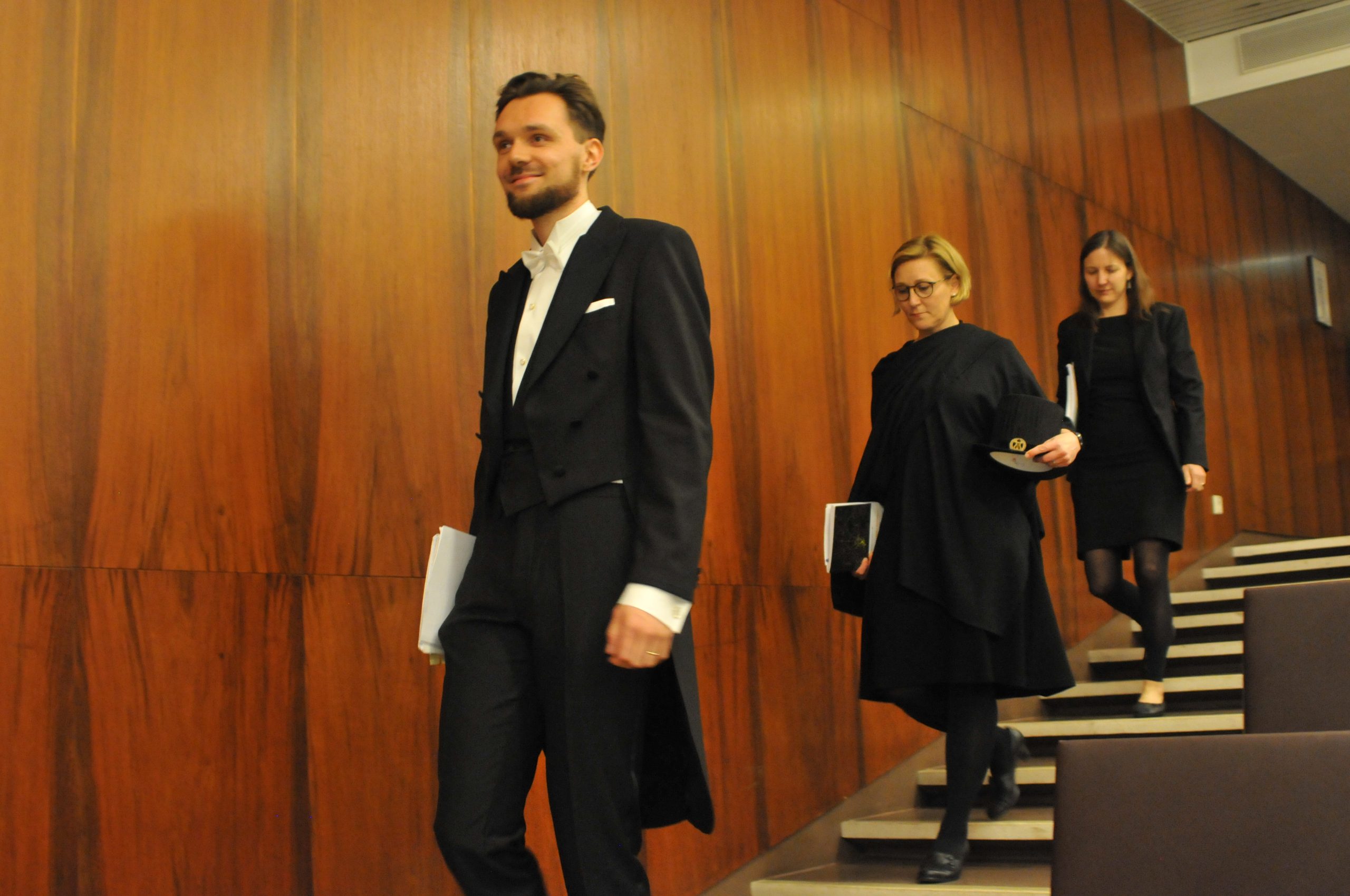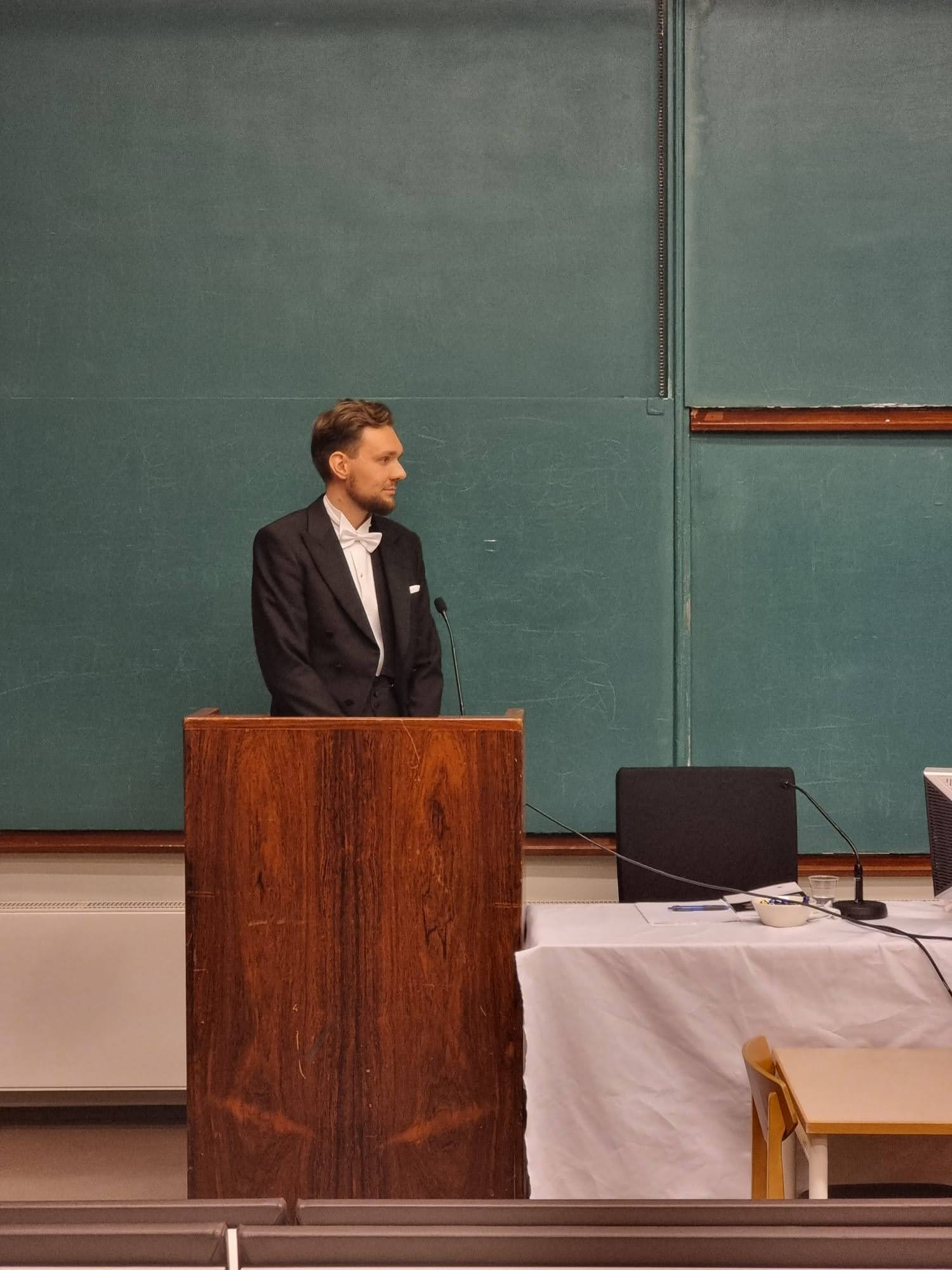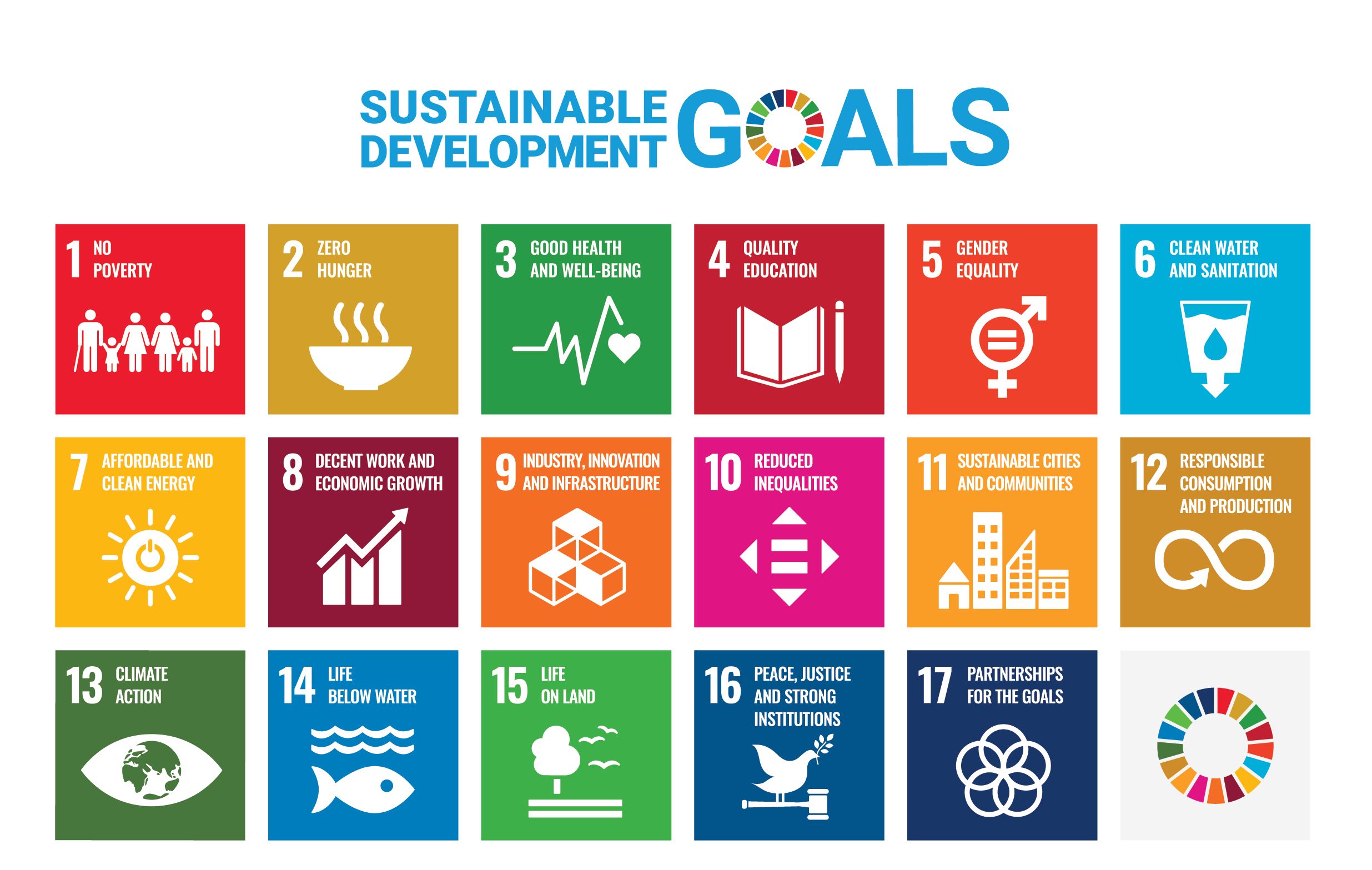This week has been special for the Digital Geography Lab and our Doctors 2023 group! The faculty councils of the Faculty of Science and Faculty of Biosciences did the following official decisions:
🌟 Elias‘s thesis Measuring sustainable accessibility: Geospatial approaches toward integrating people and the environment was accepted with honors! Elias defended on the 2nd of June 2023 with Trisalyn Nelson, Jack and Laura Dangermond Endowed Chair of Geography, University of California Santa Barbara, as the opponent.
🌟 Aina got permission to advance to the public defense with her thesis Shaking Environmental Education Paradigms. Practitioners’ narratives, contextual elements, and biocultural approaches. The public examination will take place on 20th September 2023, at 10 in Porthania (Yliopistonkatu 3), lecture room P674 or online. Senior Research Fellow Sarobidy Rakotonarivo, Department of Forestry and Environment, University of Antananarivo, Madagascar will act as the opponent. Aina did her PhD in the Global Change and Conservation research group.
🌟 Tuomas got permission to defend publicly his thesis Diversity of places and people: Using big data to understand languages and activities across geographical space. The public examination will take place on 10th November 2023. Grant McKenzie, Associate professor of spatial data science in the Department of Geography at McGill University, will act as the opponent.
🌟 Kerli thesis Capturing segregation through space and time: New insights from the activity space approach and big data was sent for pre-examination. The tentative defense date is 24th November 2023!
Hooray & hugs to #Doctors2023🥳🤗

Elias heading to defend his thesis on the 2nd of June. Tuuli as custos and Trisalyn as the opponent follow. Photo by Christoph Fink.
– – – – –
The Digital Geography Lab is an interdisciplinary research team focusing on spatial Big Data analytics for fair and sustainable societies at the University of Helsinki.



 Figure 1. 17 Sustainable Development Goals. Source:
Figure 1. 17 Sustainable Development Goals. Source: